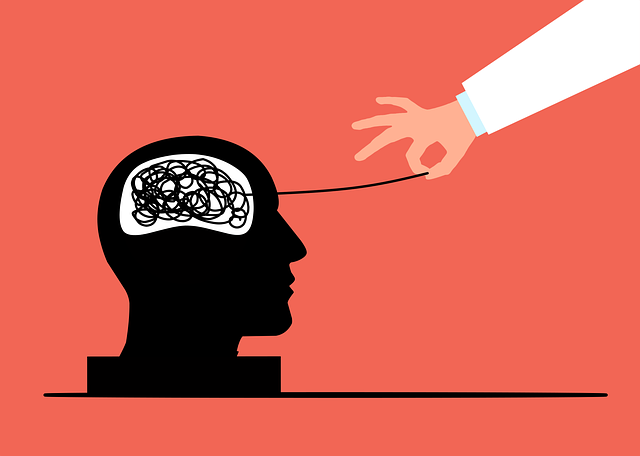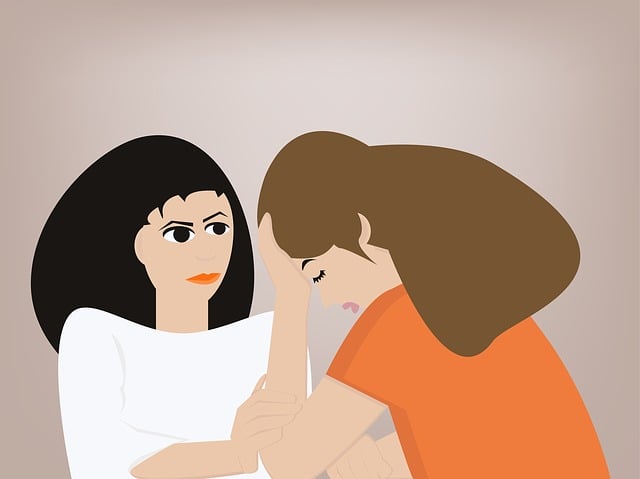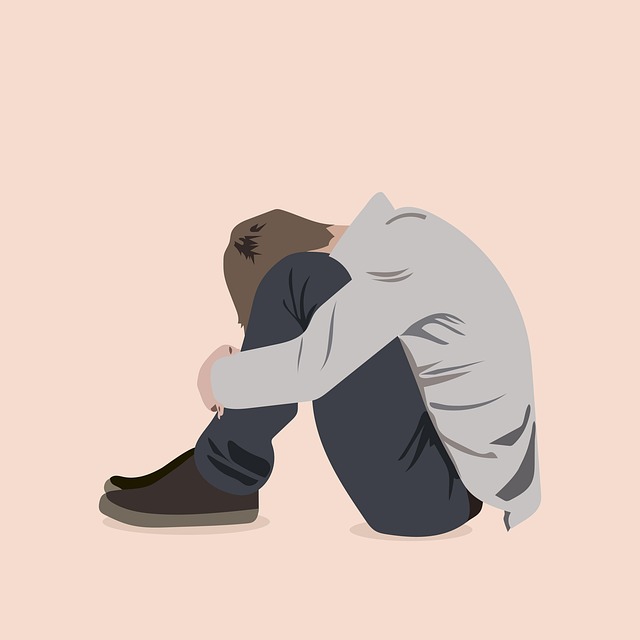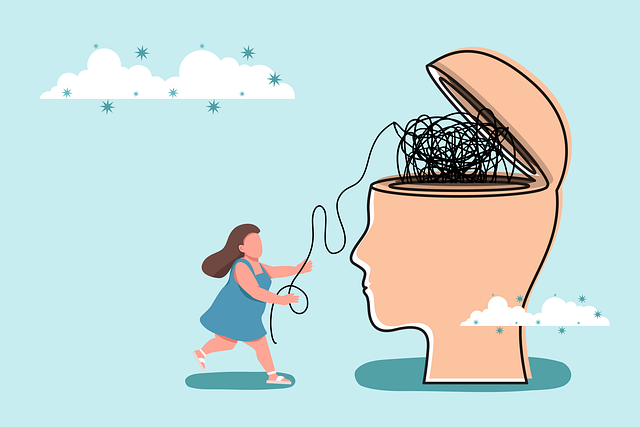Lone Tree Sexual Abuse Survivor Therapy employs a specialized RFM (Resilience, Strengths, Mastery) framework to empower individuals healing from trauma. This holistic approach includes exercises enhancing self-awareness, positive thinking, and emotional navigation, addressing cultural competency needs. By building resilience, identifying strengths, and fostering mastery, survivors regain control and mental fortitude, leading to long-term healing and improved well-being through tailored education and community outreach initiatives.
“Lone Tree Sexual Abuse Survivor Therapy introduces a unique, holistic approach to healing through the RFM model—Resilience, Strengths, and Mastery. This article explores how the RFM framework empowers survivors by fostering resilience and personal growth. We delve into its effectiveness in therapy, offering a step-by-step guide for implementation. Additionally, we examine the long-term benefits and challenges, providing insights crucial for professionals supporting sexual abuse survivors on their journey to healing and empowerment.”
- Understanding Lone Tree Sexual Abuse Survivor Therapy: A Unique Approach
- The Role of RFM (Resilience, Strengths, and Mastery) in Healing
- Implementing Resilience-Building Exercises: A Step-by-Step Guide
- Long-Term Benefits and Challenges of RFM for Survivors
Understanding Lone Tree Sexual Abuse Survivor Therapy: A Unique Approach

Lone Tree Sexual Abuse Survivor Therapy offers a unique and specialized approach to healing, tailored for individuals who have experienced sexual abuse. This therapy recognizes that survivors often face complex emotions and challenges in their journey towards recovery. By focusing on individual resilience, the program aims to empower clients to rebuild their lives and develop coping strategies.
The methodology involves a range of exercises designed to enhance self-awareness, one of the key components identified in Healthcare Provider Cultural Competency Training as essential for effective treatment. These include techniques to foster positive thinking, which can be a powerful tool in overcoming trauma. Through these therapeutic practices, survivors can learn to navigate their emotional landscapes, understand their experiences, and develop mental fortitude, ultimately leading to long-term resilience.
The Role of RFM (Resilience, Strengths, and Mastery) in Healing

The RFM framework plays a pivotal role in healing for individuals, especially Lone Tree sexual abuse survivor therapy clients. This approach recognizes that building resilience, identifying and leveraging strengths, and fostering a sense of mastery are essential components of the therapeutic process. By focusing on these aspects, therapists can empower survivors to navigate their traumatic experiences and cultivate mental health.
In the context of Lone Tree sexual abuse survivor therapy, RFM techniques help individuals develop coping mechanisms, enhance self-esteem, and regain a sense of control. Mental Health Education Programs Design tailored around resilience building can equip survivors with valuable tools to manage their emotional well-being. Community Outreach Program Implementation that incorporates RFM principles fosters a supportive network, further strengthening the healing process. Through these strategies, survivors are empowered to transform their lives and move towards a more resilient future.
Implementing Resilience-Building Exercises: A Step-by-Step Guide

Implementing Resilience-Building Exercises: A Step-by-Step Guide
The journey towards resilience starts with a conscious decision to prioritize mental wellness, especially for those who have experienced trauma, such as sexual abuse survivors. Lone Tree Sexual Abuse Survivor Therapy offers a structured approach to fostering resilience through exercises designed to cultivate compassion and strengthen emotional coping mechanisms. The process begins by creating a safe space where individuals feel empowered to explore their emotions without judgment. This involves establishing clear guidelines and setting personalized goals tailored to each client’s unique needs.
Next, therapists introduce Compassion Cultivation Practices (CCPs), which encourage mindful awareness and empathy towards oneself and others. Mental Wellness Journaling Exercise Guidance can be provided to help clients reflect on their experiences and track progress. By regularly documenting thoughts and feelings, individuals gain valuable insights into their emotional patterns and triggers. Additionally, integrating Burnout Prevention Strategies for Healthcare Providers is essential to ensure the well-being of both therapists and survivors, fostering a sustainable path towards resilience.
Long-Term Benefits and Challenges of RFM for Survivors

Implementing RFM (Resilience, Strength, and Mastery) exercises offers long-term benefits for Lone Tree sexual abuse survivor therapy. These practices are designed to help survivors develop a profound sense of resilience, enabling them to navigate life’s challenges with enhanced coping mechanisms. Through regular practice, individuals can cultivate compassion towards themselves and others, which is a cornerstone of many therapeutic approaches, including Compassion Cultivation Practices (CCP). This inner shift fosters better emotional regulation and boosts confidence, as survivors learn to reframe negative experiences and setbacks, aligning with the core Mind Over Matter principles.
Additionally, RFM techniques promote self-discovery and personal growth, allowing survivors to regain a sense of control and agency over their lives. While these exercises can be transformative, they also present challenges. Survivors may face resistance when confronting traumatic memories or emotional pain. Building resilience is an ongoing process that requires dedication and consistency, which can be demanding for individuals still processing complex emotions. However, with the right support system and professional guidance, survivors can overcome these hurdles, leading to profound personal transformations and improved quality of life.
Lone Tree Sexual Abuse Survivor Therapy offers a unique and powerful approach to healing, utilizing the RFM framework—Resilience, Strengths, and Mastery. This comprehensive model equips survivors with tools to navigate their journey towards recovery. By implementing resilience-building exercises as outlined in this guide, therapists can empower individuals to overcome challenges and thrive. While long-term benefits are substantial, recognizing potential challenges is essential for adapting these strategies to each survivor’s unique needs. Embracing RFM as a holistic method can significantly enhance the effectiveness of therapy and foster profound personal growth.














